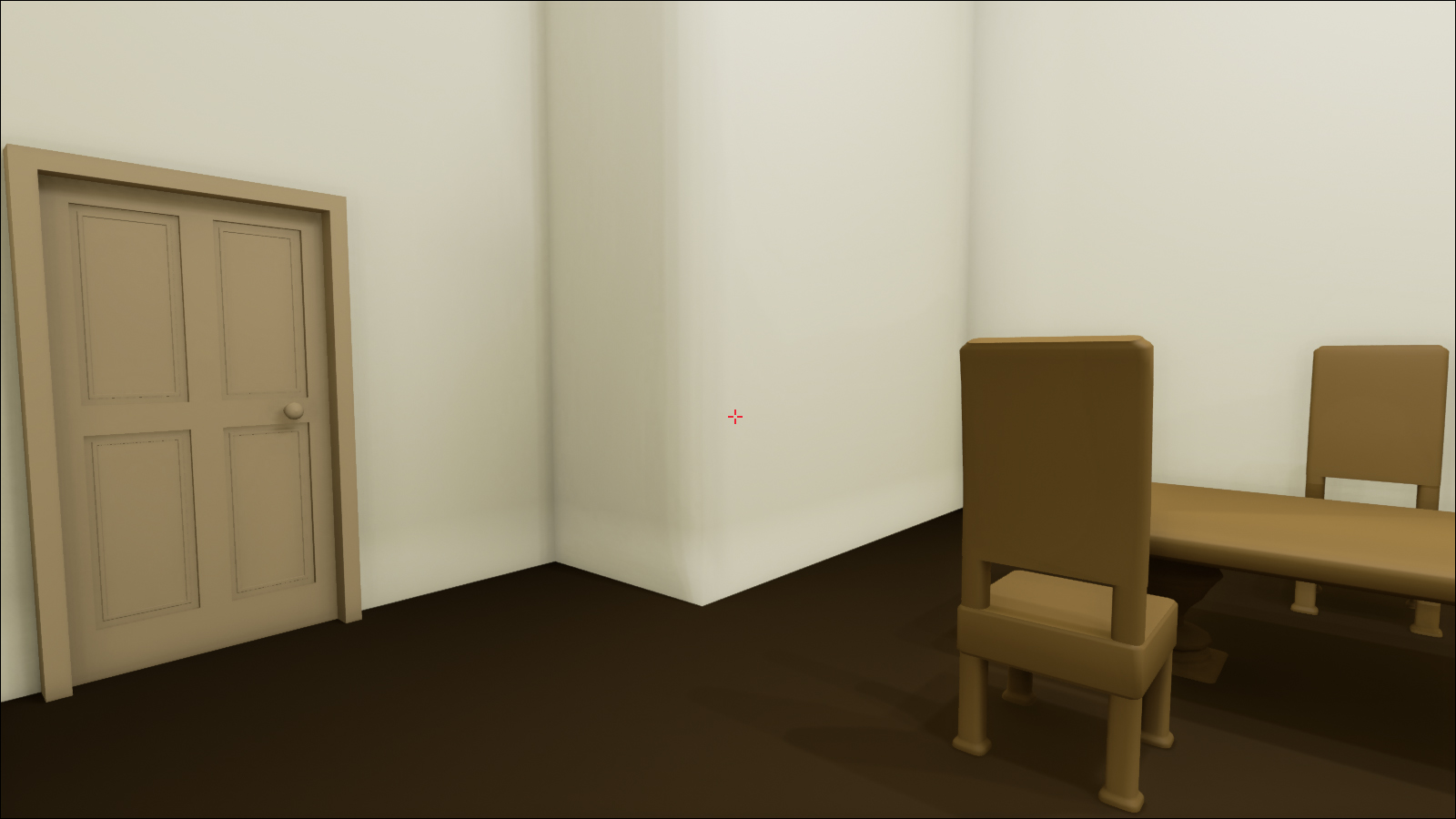

One must appreciate that the story departs from the dominant conventions of detective fiction. While the Minister slyly stole the letter to intimidate and manipulate someone, Dupin employed his skill to rescue their honour. However, the reader should note that the intentions of both are diametrically opposite. His approach to solving crime replicates the Minister’s methodology of committing the crime. Dupin’s reference to the childhood games and his analogy underscores the need to inhabit the consciousness of the criminal. They cannot comprehend a crime from the criminal’s perspective. Dupin makes the assessment that the police cannot think beyond its standard procedures. Parisian Police’s careful scrutiny overlooks simple details. This observation can be deduced owing to their failure to retrieve the letter because of their conventional monitoring. The Prefect’s investigation of the Minister’s hotel has been labeled as unintellectual. The relay of flashbacks occurs outside the narrative frame. All three stories show Dupin’s unique method of crime solving which strongly binds his observations and conclusions by the principle of ratiocination showing that no matter how extraordinary a crime is its solution always adheres to the principles of cold logic.The plot of “The Purloined Letter” is far from complex. The first tale is an example of a locked room mystery, the second portrays Dupin as an armchair detective, and the third introduces the motif of an unlikely perpetrator. In these stories, Dupin solves various crime mysteries with the aid of his unnamed helper. The character of the amateur detective Chevalier Auguste Dupin is featured in three of his stories, also known as The Dupin Tales: “The Murders in the Rue Morgue” (1841), “The Mystery of Marie Rogêt” (1842-1843), and “The Purloined Letter” (1844).

Edgar Allan Poe’s influence on detective fiction writers has been so large that his fictional detective became the prototype for many later ones, most notably Arthur Conan Doyle’s Sherlock Holmes and Agatha Christie’s Hercule Poirot.


 0 kommentar(er)
0 kommentar(er)
